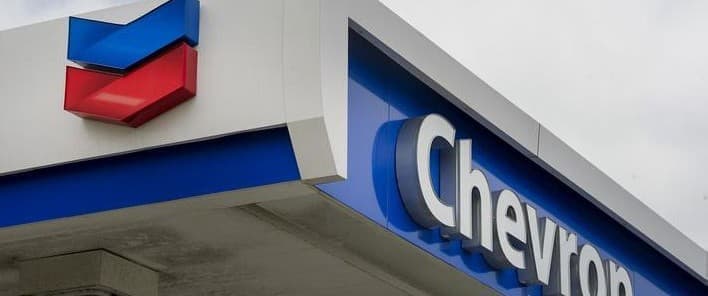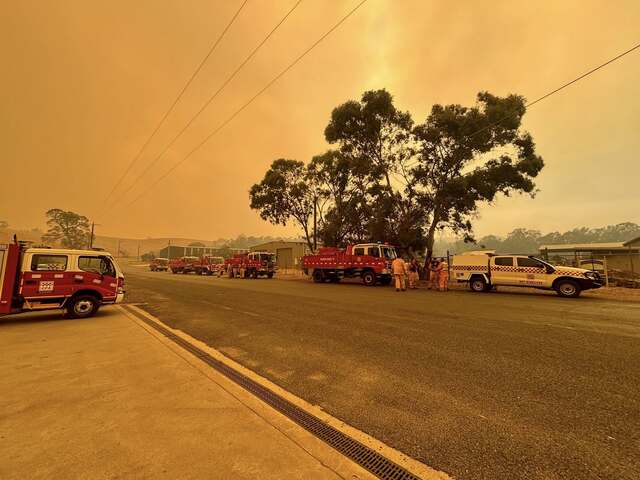
U.S. oil and gas giant Chemron has reached an agreement in principle with Iraq’s Oil Ministry for the development of the significant Nasiriyah oil field, alongside other oil-producing fields and exploration sites. This marks a notable return for Chevron, part of a broader trend of Western companies re-engaging with Iraq after a substantial withdrawal that began approximately seven years ago, notably following ExxonMobil‘s exit from the crucial Common Seawater Supply Project (CSSP).
In recent days, a number of other U.S. firms have also signed exploration and development agreements with Iraq. Notably, TotalEnergies of France secured a US$27 billion multi-faceted deal, while BP from Great Britain entered a US$25 billion agreement covering five oil fields. This resurgence raises questions about the motivations behind these investments and whether the new commitments will endure.
The geopolitical significance and oil potential of Iraq have not changed since the departure of these companies. Instead, the renewed interest can be attributed to assurances from Iraqi authorities regarding improved transparency and governance practices. Senior energy, legal, and security sources indicate that the prior reputation risk associated with operating in Iraq was a significant deterrent for companies like ExxonMobil, which withdrew due to corruption concerns outlined in the Corruption Perceptions Index by Transparency International.
This report highlighted Iraq as one of the most corrupt countries, with rampant issues such as embezzlement, procurement fraud, and bureaucratic bribery severely limiting effective governance. The combination of political instability, lack of resources, and inadequate legal frameworks posed substantial challenges for foreign investors, leading to ExxonMobil’s exit from the CSSP and subsequent projects, including the supergiant West Qurna 1 oilfield.
Energy sources familiar with the negotiations revealed that ExxonMobil sought reassurances on three critical issues: “cohesion,” “security,” and “streamlining.” Cohesion involved the completion of facilities related to projects, security encompassed both physical protection for personnel and robust legal practices, and streamlining aimed at ensuring that agreements remained intact despite any potential governmental changes in Iraq. Despite initial agreements on these principles, the practical implementation fell short of ExxonMobil’s expectations.
Any future agreements for U.S. oil and gas firms in Iraq will require thorough oversight from U.S. legal and accounting firms, ensuring compliance with rigorous standards and ongoing monitoring of security concerns. This level of scrutiny appears essential for companies venturing back into the Iraqi oil landscape, particularly for Chevron, which has its own history in the country.
In 2021, Chevron faced challenges while negotiating with the now-defunct Iraqi National Oil Company (INOC), regarded as one of the most corrupt organizations globally. The negotiations focused on the same Nasiriyah project, which had been shelved multiple times since its discovery in 1975, primarily due to geopolitical tensions and inadequate development plans.
The field, initially meant to commence production in 2009 under a fast-track plan to achieve an output of at least 50,000 barrels per day (bpd), remained mired in complications. In 2009, Chevron was among four international oil companies invited to bid for the project’s development on an engineering procurement construction (EPC) basis. However, negotiations fell through once again.
In 2014, the Iraqi government aimed to revive the Nasiriyah project as part of the broader Nasiriyah Integrated Project (NIP), which included developing smaller adjacent oil sites and establishing a refinery with the capacity to produce 300,000 bpd. The government’s revisions to the original technical service contracts aimed to make the investment model more appealing to foreign firms, offering revenue-sharing opportunities once production commenced.
Despite these revisions, concerns regarding legal, financial, and accounting transparency led to further delays in the project. In 2017, amid changing dynamics, Chinese state-owned companies proposed integrating the Nasiriyah project into a larger South Iraq Integrated Project. However, negotiations with China also encountered difficulties, highlighting the complexities of international energy investments in Iraq.
The current climate suggests that Iraq might be moving towards a more transparent business model, aligning with the demands of companies like Chevron. As these firms navigate the intricate landscape of Iraqi oil development, the outcome of their renewed commitments will depend on sustained improvements in governance and transparency. Only time will reveal whether this new era will yield lasting partnerships and enhanced production from Iraq’s vast oil reserves.






